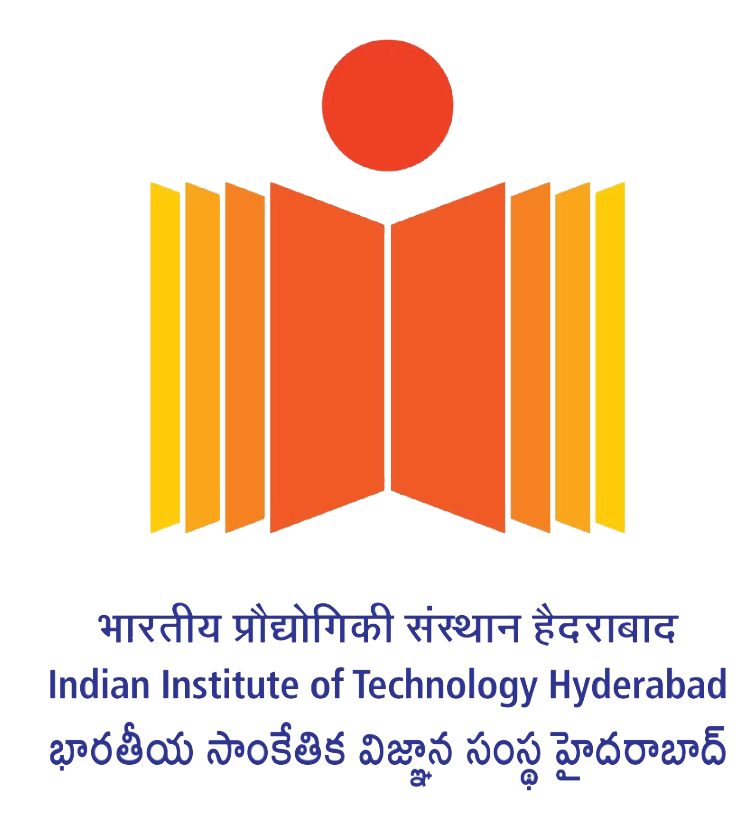Student Service Design Competition
Registration deadline is over.
Submission Deadline: June 15, 2025
Service Design Competition Results
Problem Statements
Competition Objective
The competition aims to leverage students’ creativity and service design skills to address real-world challenges faced by India’s social sector. Solutions must be innovative, actionable, and culturally sensitive, motivating NGOs to implement them effectively.
Participants will choose one of the curated 12 problem statements, which address pressing social issues such as rural healthcare, climate-resilient farming, digital literacy, and reskilling for the unorganized sector. These problem statements are designed to align with the needs of NGOs operating in India.
- Strengthening Rural Primary Healthcare in India: Design a service model that combines telemedicine, ASHA workers, and mobile clinics to address the lack of consistent healthcare services in rural India, particularly in tribal and remote regions.
- Community-Based Waste Recycling in Urban Slums: Develop a scalable model for slums like Dharavi (Mumbai) or Seemapuri (Delhi), focusing on educating communities about waste segregation, creating recycling cooperatives, and generating livelihoods.
- Empowering Rural Women Entrepreneurs in India: Create a service ecosystem that leverages government schemes like the Mahila E-Haat and connects rural women to training, micro-loans, and markets, with an emphasis on crafts and sustainable products.
- Reskilling and Upskilling for India’s Unorganized Sector: Design a service to equip workers in sectors like construction, domestic work, street vending, and small-scale manufacturing with skills in digital literacy, financial planning, and vocational training. Integrate support through platforms like e-Shram and public-private partnerships.
- Holistic Education for Street-Connected Children: Design a service model tailored to urban areas like Mumbai, Kolkata, or Delhi, where NGOs can deliver education and emotional support to children living in and around railway stations or traffic signals.
- Community-Led Mental Health Networks in Rural India: Build a network using self-help groups (SHGs) and local NGOs to provide mental health awareness and counseling, addressing the stigma and accessibility issues prevalent in rural areas.
- Inclusive Playgrounds for Differently Abled Children in Indian Communities: Create a guide for NGOs to advocate for inclusive playgrounds in public schools and community parks, aligned with the Accessible India Campaign.
- Climate-Resilient Farming in Drought-Prone Areas: Design solutions for farmers in regions like Vidarbha, Marathwada, or Bundelkhand to adopt sustainable practices, access weather forecasts, and use government subsidies effectively.
- Hyperlocal Food Redistribution Networks in Indian Cities: Develop a service that connects surplus food from hotels, wedding caterers, and supermarkets to NGOs running food distribution programs for homeless and migrant workers in cities like Bengaluru, Chennai, or Hyderabad.
- Digital Literacy for the Elderly in Rural India: Design mobile literacy camps that help senior citizens in villages navigate apps for healthcare (like Aarogya Setu), banking (UPI), and government benefits like pensions or ration cards.
- Scaling Grassroots Innovations in Indian Villages: Create a toolkit for NGOs to identify and support local innovations like water conservation practices in Rajasthan or affordable farming tools in Tamil Nadu, helping scale these through government and private collaborations.
- Workforce Transition for Gig and Migrant Workers: Design a service that supports gig workers (e.g., delivery personnel, drivers, freelance laborers) and migrant workers in transitioning to more stable, higher-paying, or skilled job roles
Eligibility and Participation
- Open to undergraduate, postgraduate, and doctoral students enrolled in academic institutions during 2025.
- Teams of 2-5 members are encouraged, with an emphasis on interdisciplinary collaboration.
- Each team can submit one project addressing a selected problem statement.<hr>
Key Dates
- Competition Launch: January 9, 2025
- Registration Deadline: February 15, 2025
- Submission Deadline: June 15, 2025
- Announcement of finalist teams: August 15, 2025
- Final Presentations: October 6-7, 2025, at the ServDes25 Conference
- Announcement of Winners: October 8, 2025, at the ServDes25 Conference
Submission Guidelines
Deliverables:
- A presentation (PDF, max. 15 slides) detailing the service design process and proposed solution.
- A two-minute video-pitch explaining the solution.
- Optional supporting material (prototypes, sketches, system maps).
- Language: Submissions must be in English.
- Submission Portal: Details will be shared upon registration.
Evaluation Criteria:
Submissions will be evaluated based on
- Relevance: How well the solution addresses the problem statement and fits India’s social context.
- Methodology: Application of service design tools and processes.
- Innovation: Creativity and uniqueness of the solution.
- Feasibility: Practicality and scalability of implementation by NGOs.
- Presentation: Clarity, structure, and visual quality of the submission.
Competition Process
1. Preliminary Round: Top submissions will be shortlisted based on the evaluation criteria.
2. Final Round: Shortlisted teams will present their solutions at the ServDes25 Conference to a jury comprising service design experts, NGO representatives, and industry leaders.
3. Winners’ Announcement
Prizes and Recognition
• Winners: Cash prizes, trophy and certificates of recognition will be awarded.
• Showcase Opportunities: Winning projects will be featured at the ServDes25 Conference website.
• Implementation Support: Selected solutions may receive support for implementation by partnering NGOs.
Rules and Ethics
1. All submissions must be original and created for this competition.
2. Intellectual property rights remain with the teams, but organizers and NGOs reserve the right to use ideas for implementation.
3. Cultural sensitivity and respect for local values are mandatory.
Prizes and Recognition
- Winners: Cash prizes, trophy and certificates of recognition will be awarded.
- Showcase Opportunities: Winning projects will be featured at the ServDes25 Conference website.
- Implementation Support: Selected solutions may receive support for implementation by partnering NGOs.
Contact us: servdes2025@des.iith.ac.in
Copyright © 2025 Department of Design, Indian Institute of Technology Hyderabad. All rights reserved.



